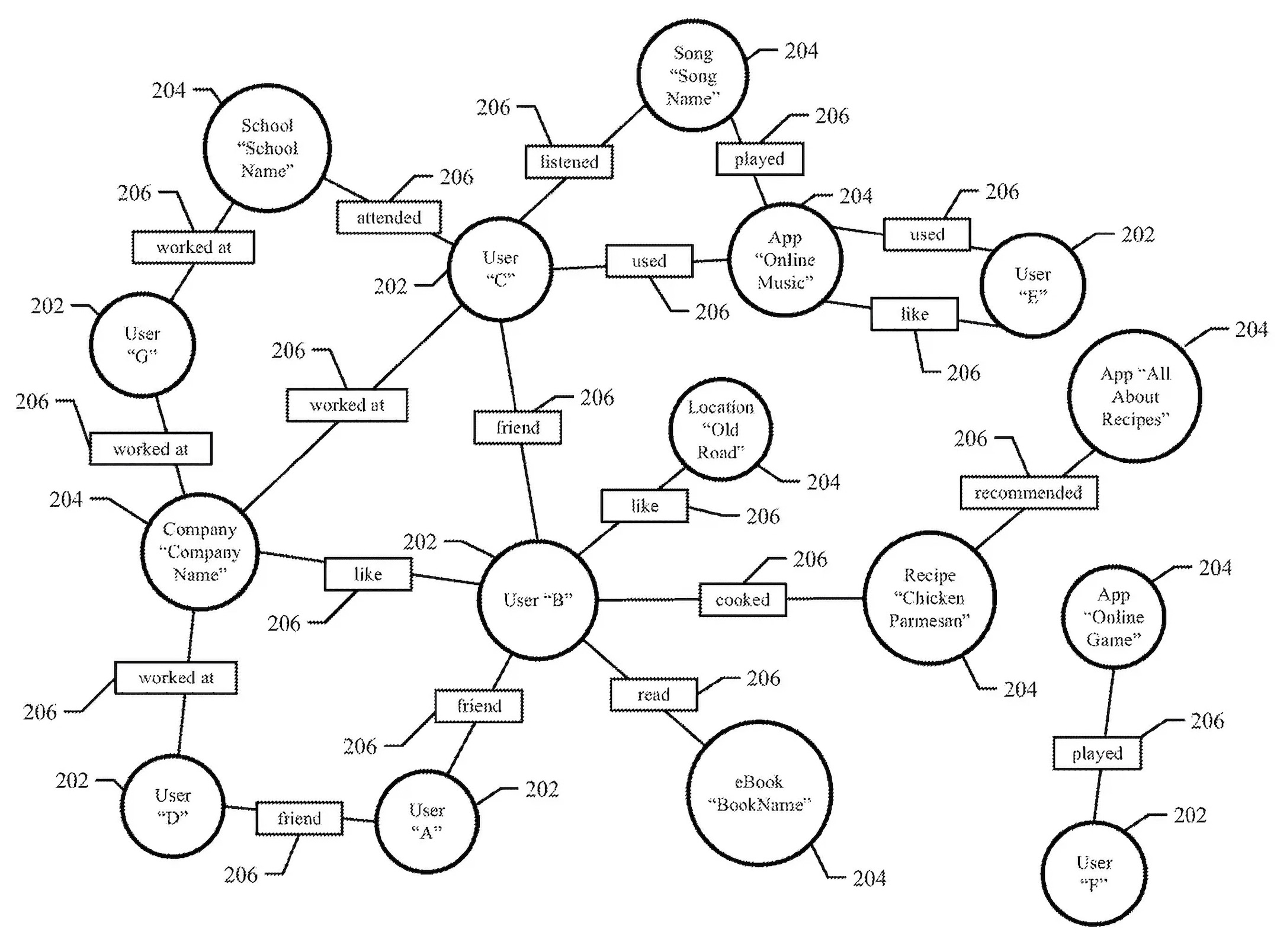Social media behemoth Meta has disclosed intentions to patent a system that leverages voiceprints for user identification. Critics will likely raise eyebrows at this step, which they argue gives Meta unprecedented access to a deeply personal aspect of users’ identities: their voices.
A voiceprint, the unique acoustic signature of a person’s speech, is potentially Meta’s new access key into the lives of its users. The system would recognize users by their voice, going beyond the conventional login systems involving passwords and biometric scans. While Meta claims this form of authentication offers superior protection compared to traditional biometrics such as fingerprints or retina scans, the proposed system could provoke concerns about overreach.

The intended use of this voiceprint technology extends beyond mere user authentication. As stated in the patent filing, Meta intends to exploit voiceprints for content customization. This means, alarmingly, that when the system detects a conversation, it’s designed to align content, which could range from “advertisements, news feeds, push notifications, place tips, coupons, or suggestions,” that match the users’ interests.
Essentially, if your conversation is within the system’s reach, it can impact the content you see on your Facebook or Instagram feed, suggesting an unsettling level of eavesdropping by the platform, depending on how the technology, if ever, gets used.
Although Meta has included within the patent options for users to opt in or out via privacy settings and limit the voiceprint use to certain features the fact that users can restrict sharing voiceprints with third-party systems does little to assuage concerns about privacy within Meta’s ecosystem.













